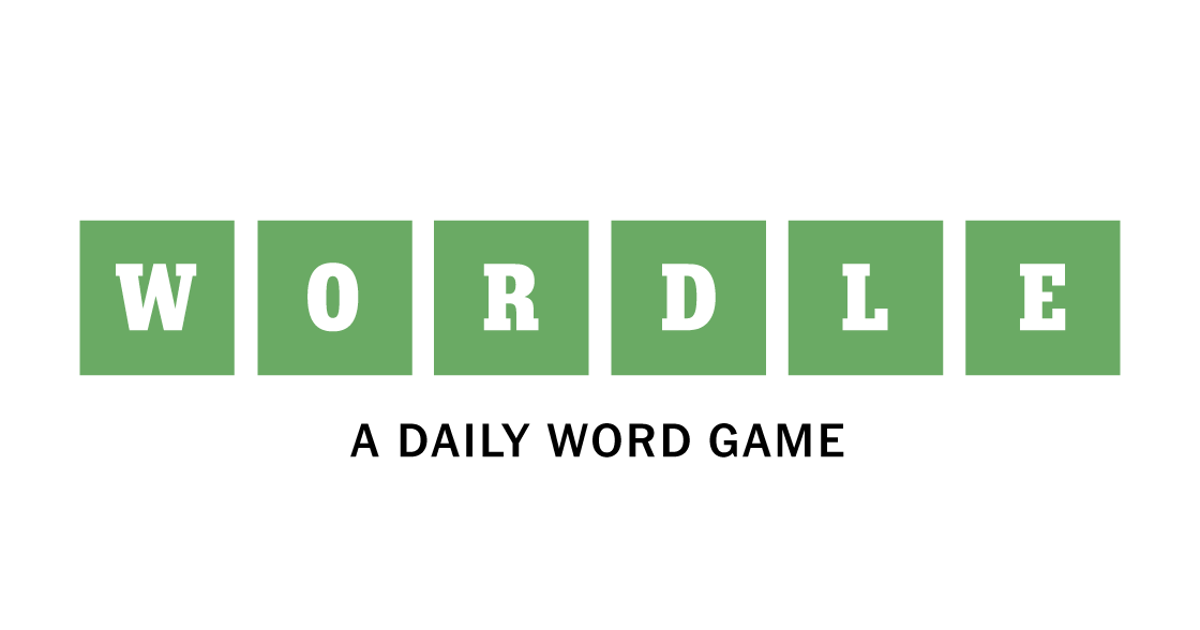

Interesting headline - its disconnected from the content of the article. Most of it is about how broken the US electoral system is.
The important point is that an electoral and political system that was designed to protect from the “tyranny of the majority” has instead created a system perpetuating the tyranny of the minority.
Americans are indoctrinated to think theirs in the greatest country on earth from a very young age. But the political system is an absolute mess - the electoral college, the senate (which is totally skewed in favour of small states), the supreme court and politicised legal system, and the embedded 2 party system.
Trump isn’t a threat to democracy. Democracy in the US has been dead for a long while now. It vaguely worked when there was a post war consensus but now it’s completely log jammed. And nobody has a plan to fix it because they can’t.



The reality is the democrats can’t reform the supreme court, because they don’t control the House of Representatives, and barely control the Senate.
To enact reform of that type they would need solid majorities in both chambers and control of the presidency. That remains very unlikely. Even simple ideas like expanding the court rather than meaningful reform is impossible as no nominees would get through congress.
It makes sense the democrats make their campaign focused on Donald Trump. And as bad as the supreme court is at the moment, the democrats have bigger issues to deal with - a lacklustre campaign with a poor candidate. It’ll be hard enough trying to convince people Biden is a good choice as a candidate, let alone move into complex areas like judicial reform.